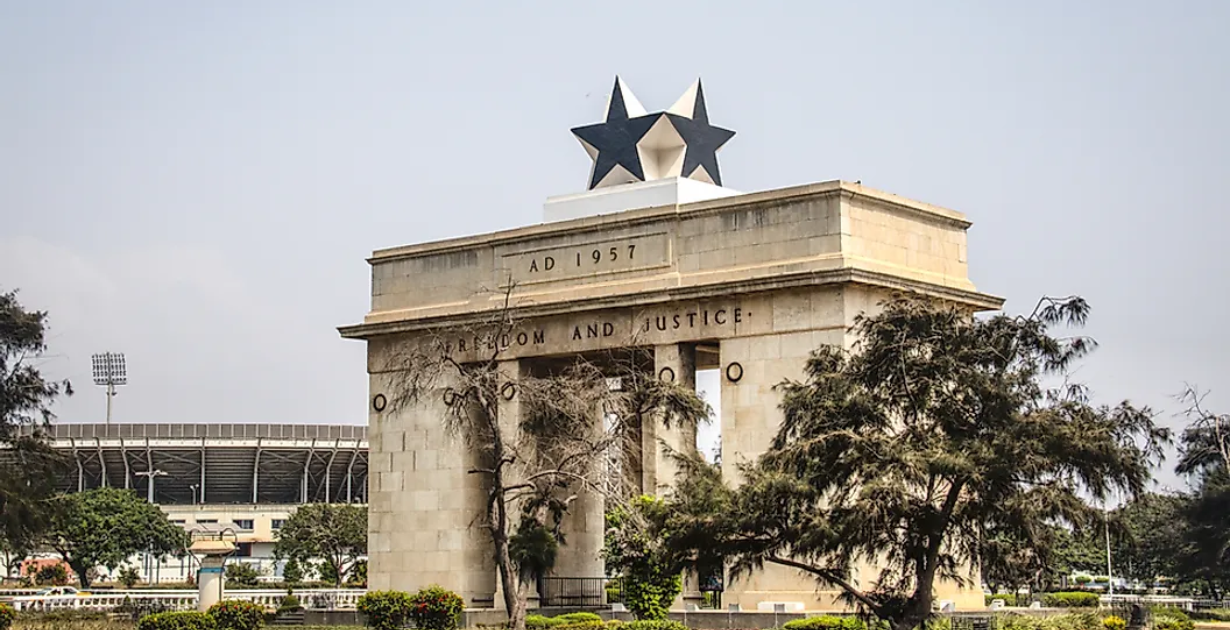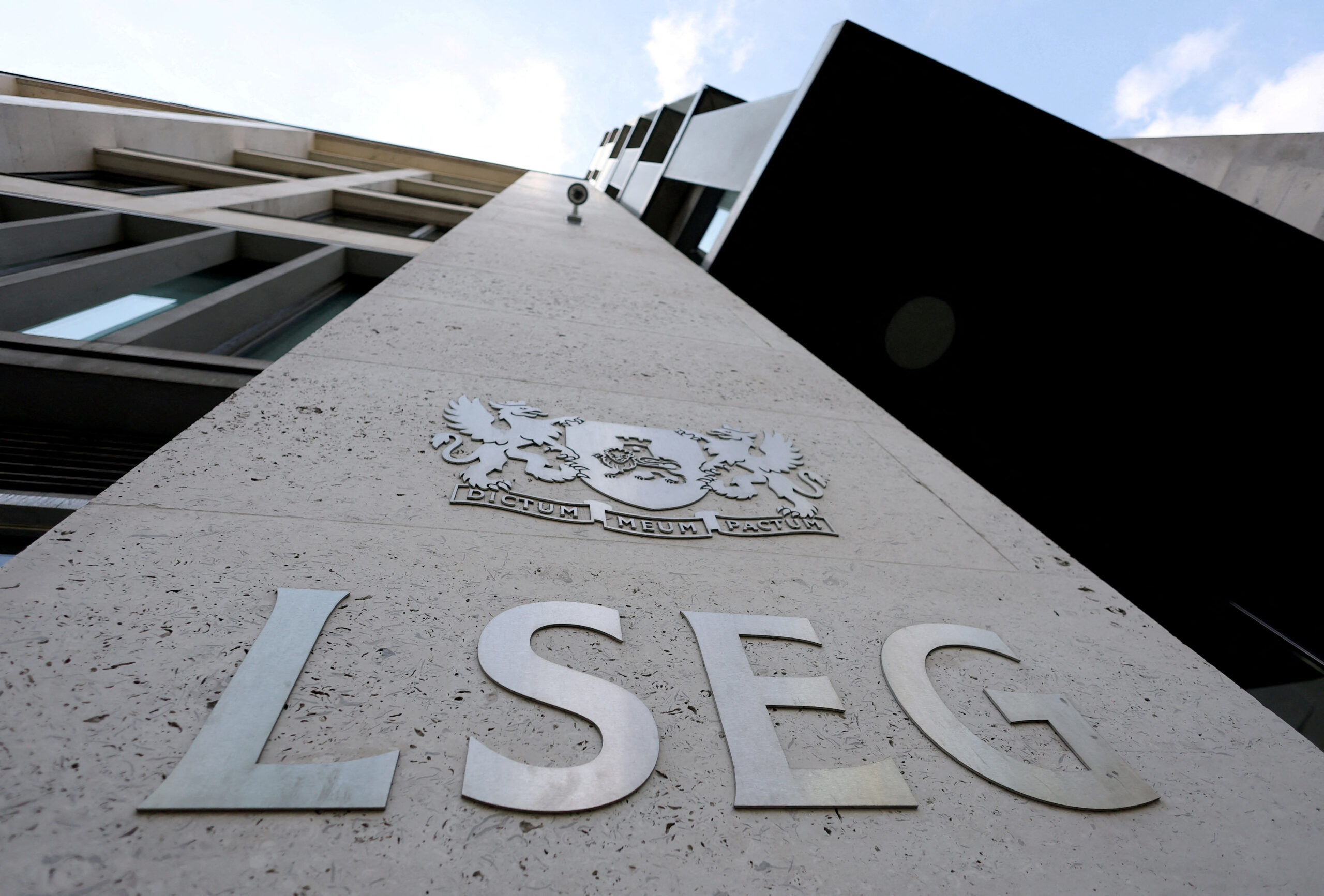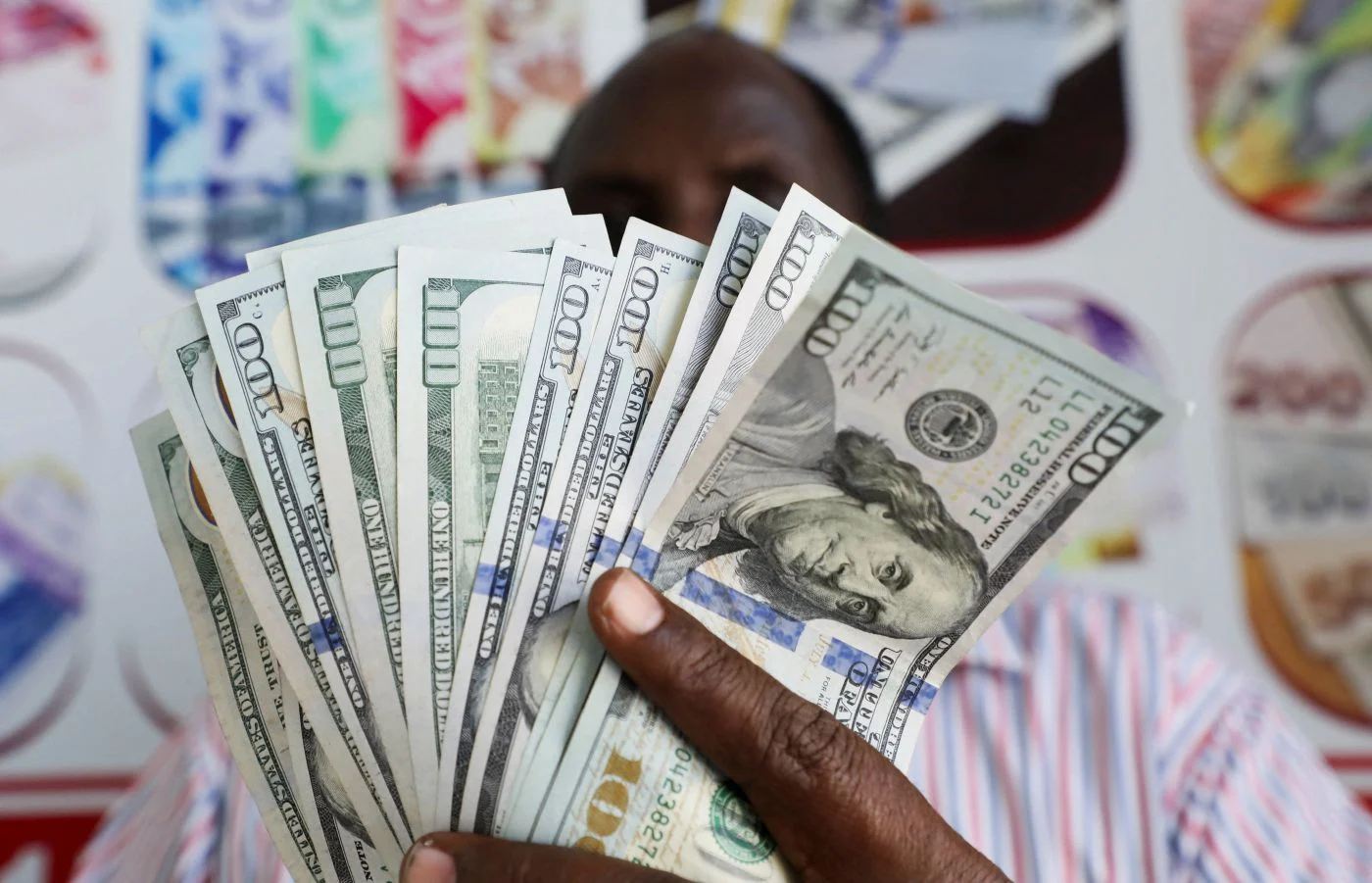World Bank Issues Warning to Ghana on Increasing Risk of Poverty
Ghana’s progress in reducing poverty may be undermined by its economic challenges, according to the World Bank.
Major concerns include currency struggles, inflation, and budgetary constraints.
A significant number of Ghanaians may shortly find themselves in even more severe financial difficulties.
Recent projections indicate that poverty may reach 51.2% by 2027. Additionally, extreme poverty may increase to nearly 27%. There is an urgent need for solutions to halt this decline.
Ghana’s agricultural resilience initiative has been granted additional funding by the World Bank.
The funds will be utilized to enhance agricultural practices, food data, and early warning systems.
Additionally, they are advocating for more intelligent agricultural strategies and instruments.
This program will also generate an increase in regional trade. It is intended to facilitate the movement of goods across borders.
In this manner, the impact of food shortages in a single country will not be felt by all.
However, alleviating poverty necessitates more substantial reforms than mere food assistance.
According to the World Bank, Ghana must enhance its tax systems and financial management. The country’s economy can only be genuinely stabilized at that point.
Additionally, they desire additional assistance for the most vulnerable individuals. Those who require education, healthcare, and welfare programs must have access to them.
The prevention of long-term destitution is contingent upon social protection. Although the path ahead is challenging, it is not insurmountable.
Ghana has the potential to recover through local reforms and the assistance of global partners.
Ghana is assured that the World Bank will persist in its assistance during this voyage.
news via inbox
Get the latest updates delivered straight to your inbox. Subscribe now!




